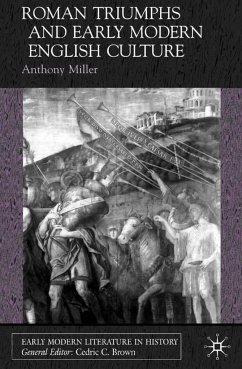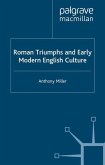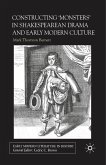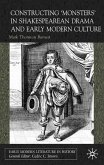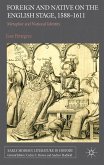This is the first comprehensive study of the revival and appropriation of the Roman triumph from the 1580s to the 1650s. English versions of the triumph included ceremonial re-enactments, poetic or pictorial representations, and stage performances. As well as many non-canonical writers, Spenser, Marlowe, Shakespeare, Marvell, and Milton all produced versions. The book includes an original survey of ancient literary models and the work of humanist antiquarians, and shows how all its texts are implicated in contemporary political conflicts and discourses.
Hinweis: Dieser Artikel kann nur an eine deutsche Lieferadresse ausgeliefert werden.
Hinweis: Dieser Artikel kann nur an eine deutsche Lieferadresse ausgeliefert werden.
'Anthony Miller's elegant and learned study of the imaginative uses to which the ancient Roman triumph was put in early modern England is a major contribution both to the history of the classical tradition and to the political, cultural, and literary history of a crucial period in the formation of English nationhood. Particularly enjoyable is the deft analysis of the many, and often paradoxical, metamorphoses undergone by representations of triumph in the service of the various competing ideologies and belief-systems of the period.' - Philip Hardie FBA, University Reader in Latin Literature, University of Cambridge
'...always informative and thoroughly scholarly...Miller makes persuasive connections between political culture...and literary production.' - Richard Madelaine, Sixteenth Century Journal
'...an intelligent, original and historically grounded survey of the disparate ways early modern English culture reproduced the language of Roman triumphs.' - Kevin Curran, University College Dublin, UK, Early Modern Literary Studies
'...always informative and thoroughly scholarly...Miller makes persuasive connections between political culture...and literary production.' - Richard Madelaine, Sixteenth Century Journal
'...an intelligent, original and historically grounded survey of the disparate ways early modern English culture reproduced the language of Roman triumphs.' - Kevin Curran, University College Dublin, UK, Early Modern Literary Studies

